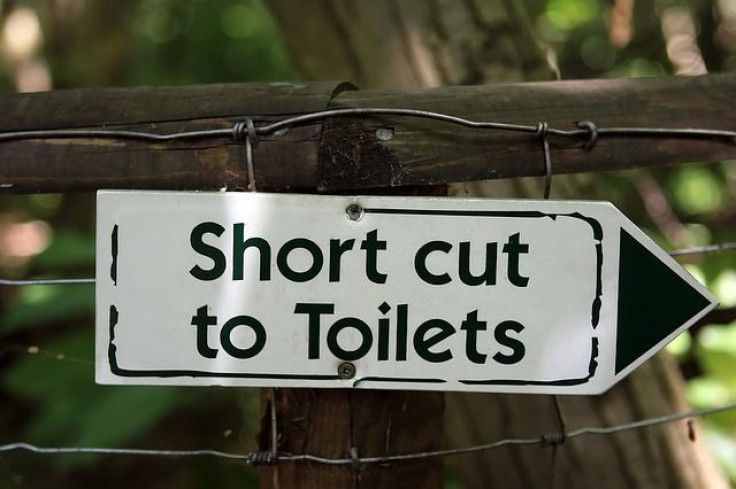Trouble With Bladder Control? You’re Not Alone; Here Are Natural Remedies For Incontinence

Urinary incontinence, or the inability to control one's bladder, may not be a common topic, but it's a problem that the American Urological Association says affects up to one-third of men and women in the United States. While there are medical treatments to control this problem, there are also a number of natural remedies.
The severity of incontinence can vary, with some individual unable to control their bladder at all, and others experiencing slight problems when they cough or sneeze. In addition, the underlying reason for incontinence can also vary. For example, everything from pregnancy and childbirth, to enlarged prostate and prostate cancer can cause this problem, The Mayo Clinic reported. In addition, certain food and drinks, such as alcohol and caffeine, can cause temporary incontinence by irritating the bladder.
Read: Female Urinary Incontinence: The 4 Types, Plus When It's Time To Go See A Doctor
According to a recent video by Health Magazine, you have help to prevent or even relieve mild incontinence by consuming magnesium. This is a mineral that helps muscle and nerve function, which may reduce bladder spasms. Foods such as almonds, bananas, and broccoli are naturally high in magnesium. Vitamin D is also helpful for bladder control, and you can get more of this vitamin into your diet by eating fish, eggs, milk, and even supplements.
In addition, certain exercises, known as kegel exercises, can also be helpful with bladder control. These help to strengthen the muscles of the bladder, ultimately giving you better control. In addition, other techniques, such as acupuncture and even hypnosis have been known to be helpful for this embarrassing condition. However, if you find that incontinence has become a major problem for you, it's best for you to consult a medical professional.
See Also:
Male Vets At Higher Risk Of Incontinence, 3 Times More Likely Than Men Who Have Never Served
Drop And Give Us... Kegels? How Bladder Training Helps Urinary Incontinence



























